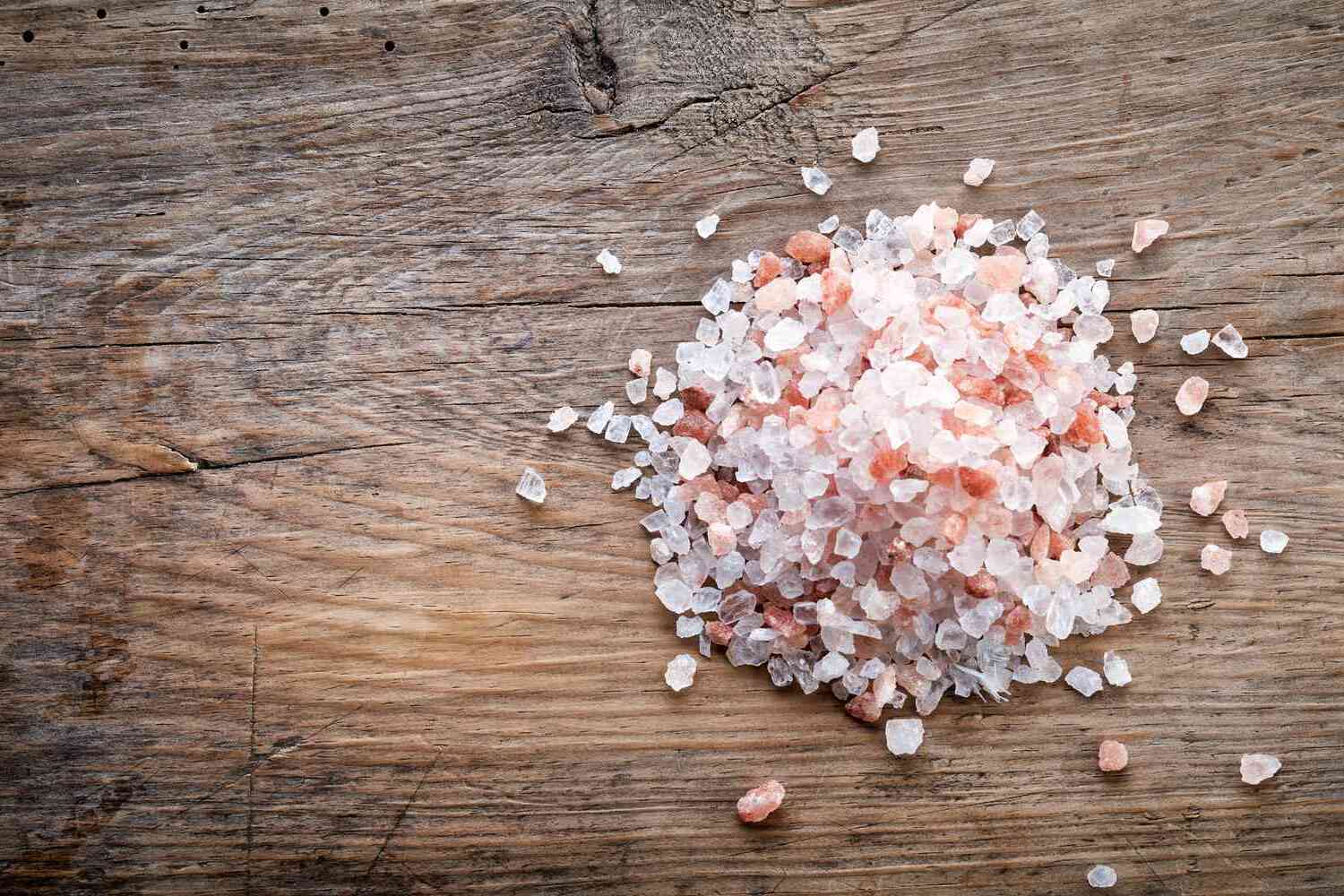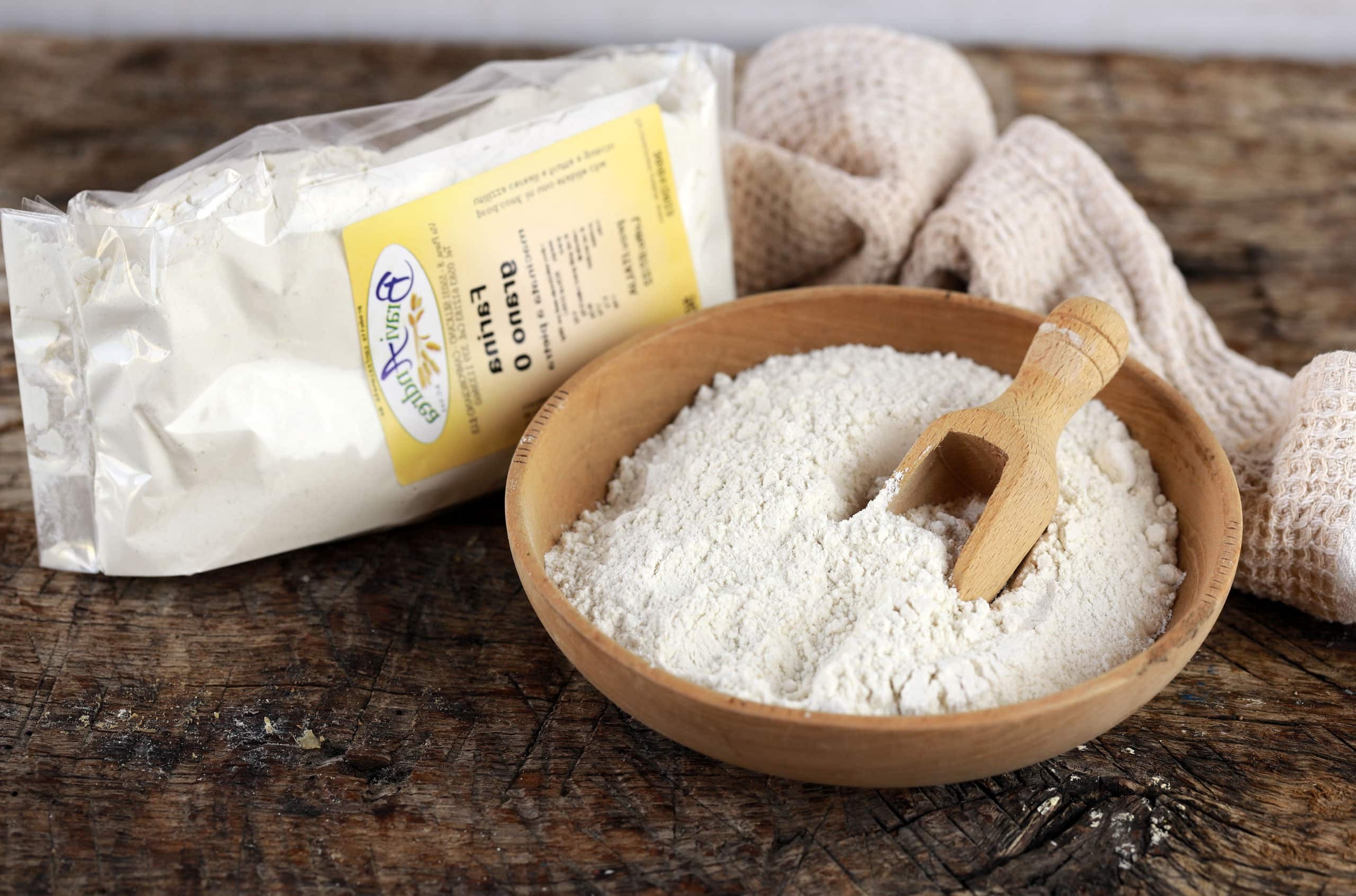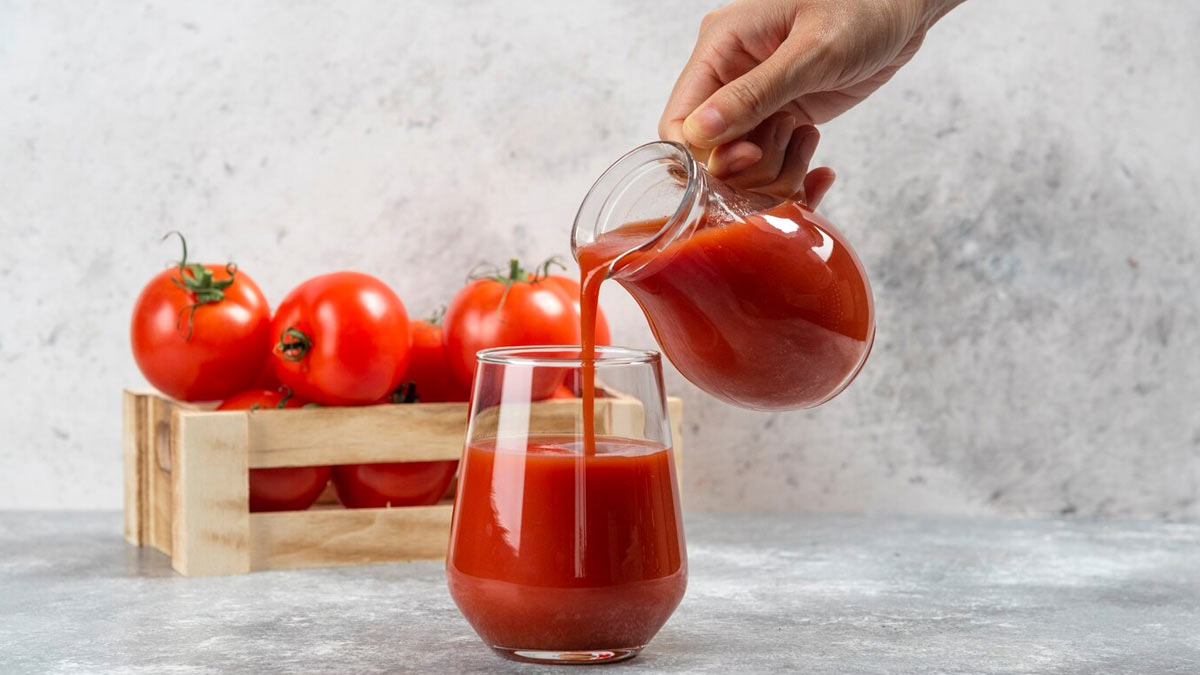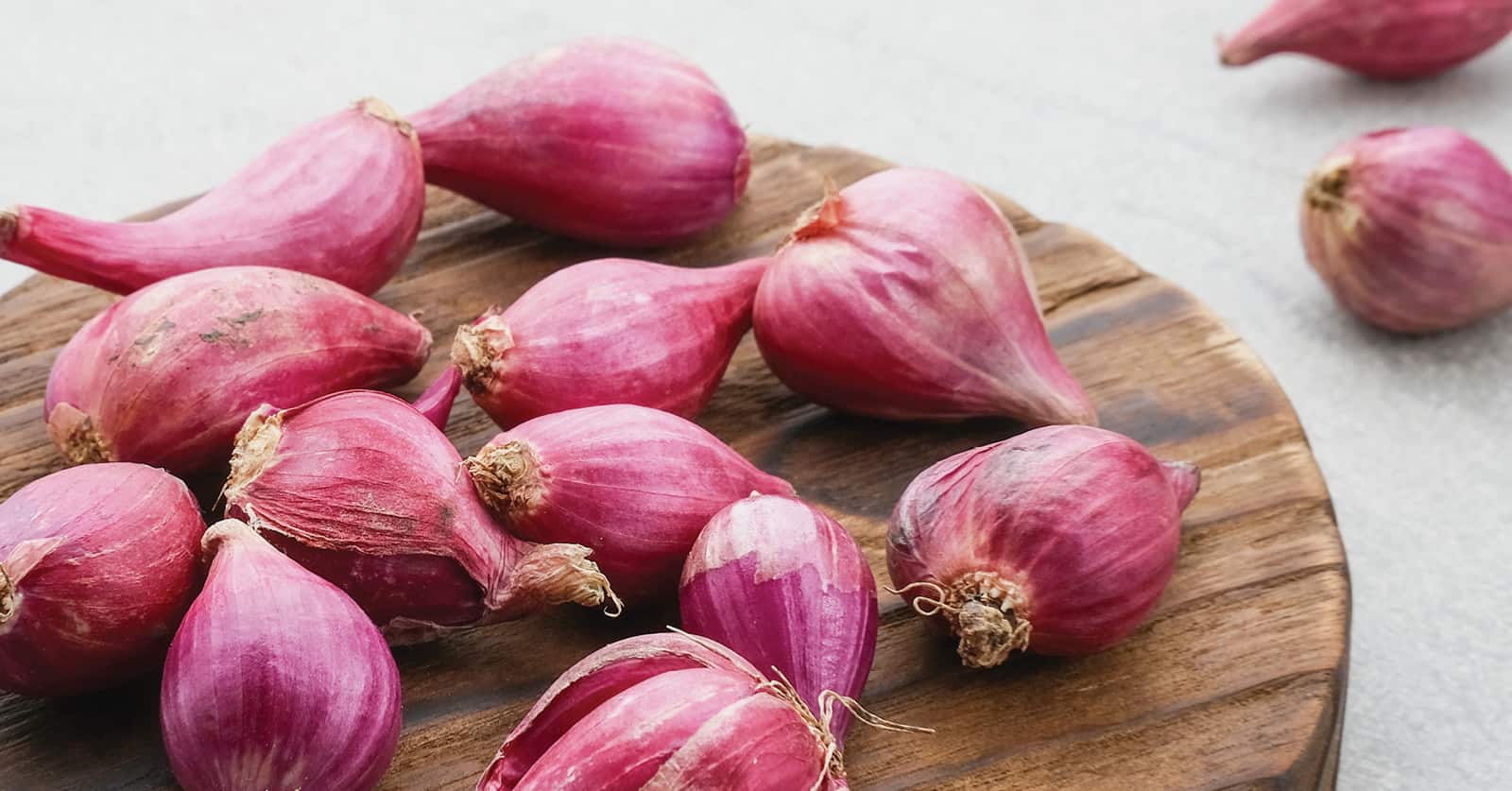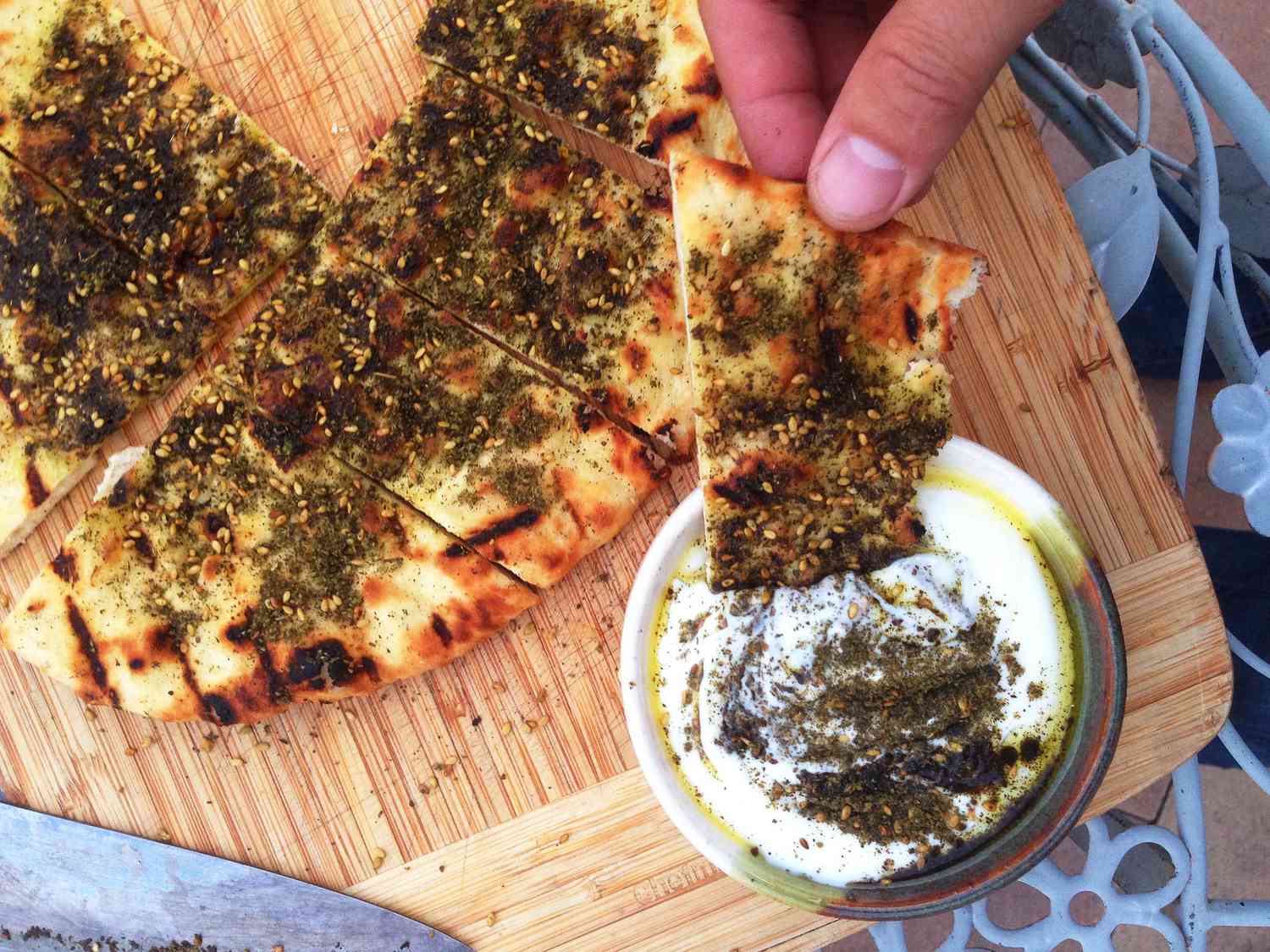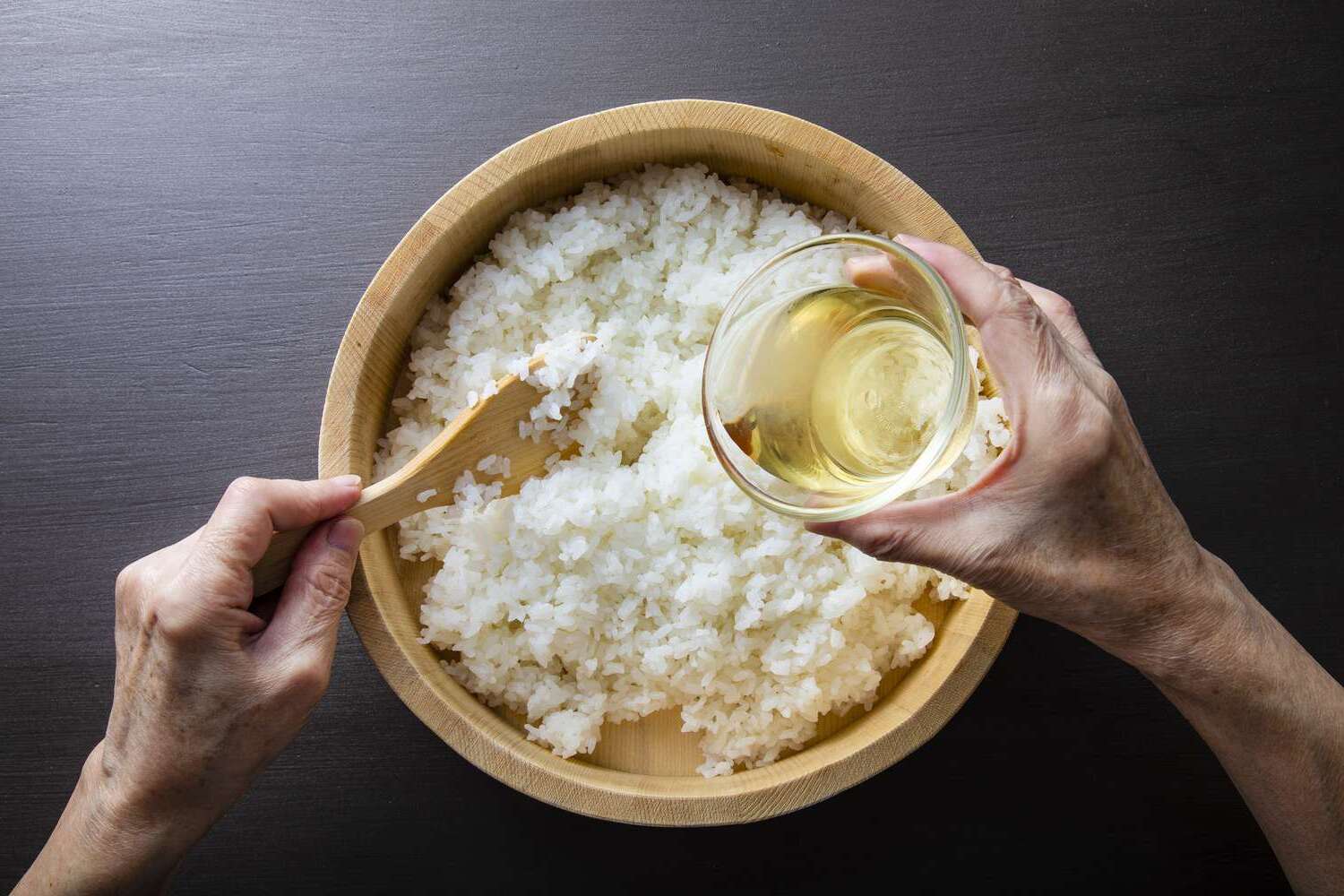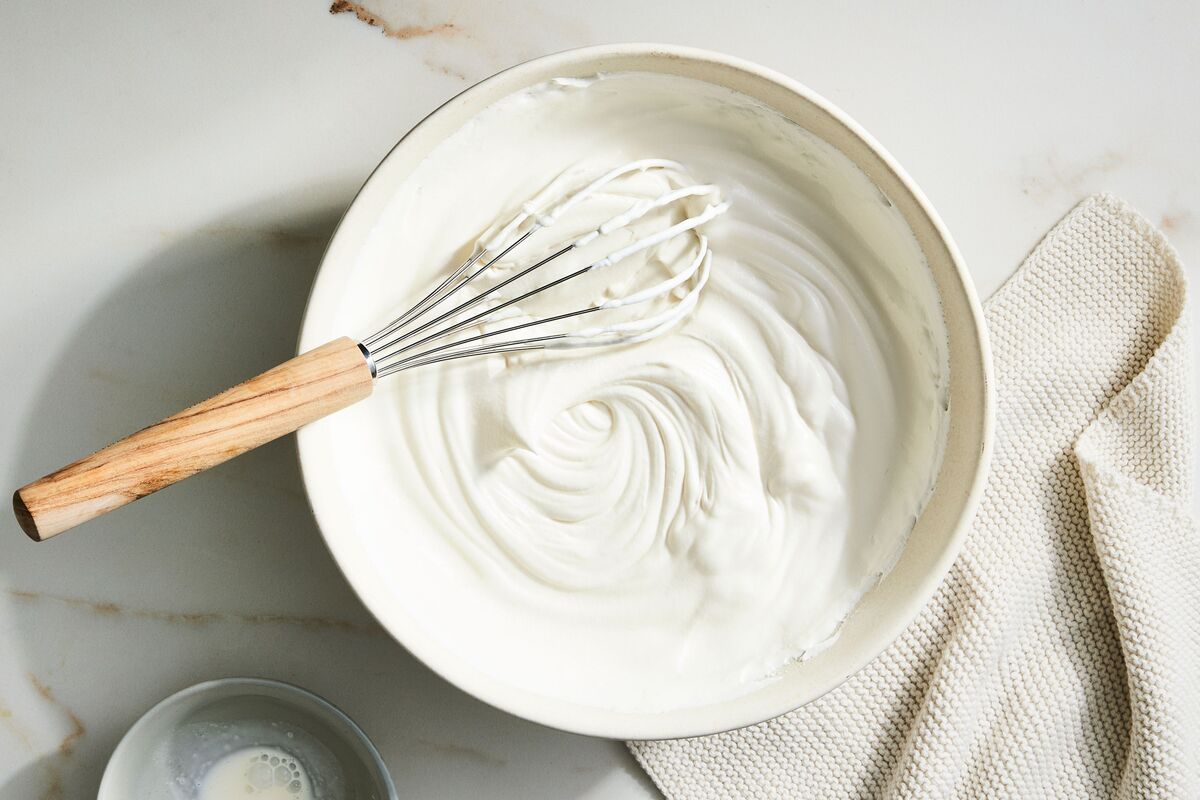Looking for a Substitute for Coconut?
Coconut is a popular ingredient in many recipes, adding a unique flavor and texture to dishes. However, if you’re allergic to coconut or simply don’t have any on hand, you may be wondering what you can use as a substitute. Fortunately, there are several alternatives that can mimic the taste and texture of coconut, allowing you to enjoy your favorite recipes without compromising on flavor.
1. Almond Flakes or Almond Extract
If you’re looking for a substitute for shredded or flaked coconut, consider using almond flakes. They have a similar texture and can provide a nutty flavor that is reminiscent of coconut. Alternatively, you can use almond extract to add a hint of almond flavor to your dishes.
2. Macadamia Nuts
Macadamia nuts can be a great substitute for coconut in recipes that call for shredded or flaked coconut. Simply chop the nuts into small pieces and use them in place of coconut for a rich, buttery flavor and crunchy texture.
3. Oat Flakes
If you’re looking for a substitute for shredded coconut in baking recipes, oat flakes can be a great option. They add a similar texture and can help bind ingredients together, making them a versatile alternative to coconut.
4. Yogurt or Sour Cream
For recipes that call for coconut milk, you can use yogurt or sour cream as a substitute. These dairy products can add a creamy texture and a hint of tanginess to your dishes, similar to the flavor profile of coconut milk.
5. Vanilla Extract
If you’re looking to replicate the sweet, aromatic flavor of coconut in your recipes, consider using vanilla extract. It can add a hint of sweetness and depth of flavor that is reminiscent of coconut, especially in baked goods and desserts.
6. Other Nut Flours
For recipes that call for coconut flour, you can use other nut flours such as almond flour or hazelnut flour as a substitute. These flours can provide a similar texture and nutty flavor, making them a great alternative for coconut flour in baking recipes.
When substituting coconut in a recipe, it’s important to consider the flavor and texture that coconut adds and choose a substitute that complements the dish. Whether you’re allergic to coconut or simply looking to switch things up in the kitchen, these alternatives can help you achieve delicious results in your favorite recipes.
Experiment with these substitutes and discover new flavors and textures in your cooking. Remember, cooking is all about creativity and exploration, so don’t be afraid to try new ingredients and techniques. Happy cooking!
Was this page helpful?
Read Next: What Is Wheat Protein?
